Qualitative interview results: how best to support Aboriginal Community Controlled Health Services with delivering alcohol care to our communities
Many Aboriginal and Torres Strait Islander communities have identified alcohol harms as a key concern. Aboriginal Community Controlled Health Services (ACCHSs) are in a unique position to offer culturally-appropriate help or treatment for unhealthy drinking. The current study aims to better understand current models of alcohol care in ACCHS and to inform support that could be offered to services.
Qualitative phone interviews were held with 2-5 staff from each of 11 ACCHS around Australia. This was part of a cluster randomised wait-control trial of an approach to support ACCHSs with increasing alcohol care, including screening, brief intervention and relapse prevention medicines. Interviews were conducted with staff of 11 of the 22 services. These 11 services had been randomly allocated to the early-support stage.
Six key themes from the data emerged and were organised into a socio-ecological model. This model reflects the inter-connectedness of individuals, services and broader societal environments which impact on alcohol use behaviours and alcohol care within ACCHSs. Staff pointed to the need for multi-faceted and holistic supports, from the client level through to policy and legislation. Data allowed development of models describing current treatment approaches, and the support needed. These models have been drafted for further consultation with services.
Perspectives from on-the-ground ACCHS staff are invaluable in determining what supports may be helpful for increasing alcohol care for communities. Staff indicated that multi-faceted and holistic supports, from client level through to policy and legislation, are needed for sustainable change in alcohol care delivery.
